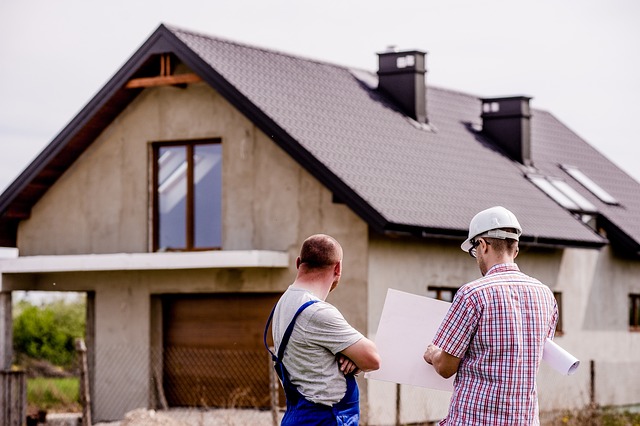When it comes to buying or selling a house, an essential step in the process is getting a house survey. A homebuyers survey provides a comprehensive assessment of the property’s condition and helps buyers and sellers make informed decisions. But what exactly does a property surveyor look for? Let’s explore the key areas of inspection and shed light on the matter.
Structural Integrity
One of the primary concerns of building surveyors is assessing the structural integrity of a property. RICS surveyors such as this house surveyor in Norwich will carefully examine the foundations, walls, and roof to identify any signs of damage, such as cracks, dampness, or sagging. They also pay close attention to the overall stability of the structure, ensuring that it is safe and secure.
Damp and Moisture Issues
In both a home buyer’s survey and a building survey, property surveyors will look for damp and moisture issues. These problems can wreak havoc on a property, leading to mould growth, rot, and other structural problems. A house surveyor will thoroughly investigate areas prone to dampness, such as bathrooms, kitchens, and cellars. They will look for any signs of water damage, such as stains, peeling paint, or a musty smell, and assess the effectiveness of the property’s damp proofing measures.
Electrical and Plumbing Systems
The safety and functionality of electrical and plumbing systems are of paramount importance. A surveyor RICS will inspect the wiring, sockets, switches, and fuse boxes to ensure that they comply with current regulations. They also check for any visible signs of faulty or outdated electrical installations. They will also examine the plumbing system, including pipes, drains, and fixtures, looking for leaks, blockages, or inadequate water pressure.
Roofing and Chimneys
The roof is a critical component of any property, protecting it from the elements. A surveyor will carefully examine the roof’s condition, checking for missing or damaged tiles, sagging, or signs of leaks. They also inspect chimneys, looking for cracks, loose bricks, or issues with the flue. Identifying potential problems early on can save homeowners from costly repairs down the line.
Energy Efficiency
In today’s environmentally conscious world, energy efficiency is a key consideration for many homeowners. Chartered surveying evaluates the property’s insulation levels, checking for proper installation and identifying areas of heat loss. They also examine the heating system, including boilers, radiators, and controls, ensuring they are in good working order and energy efficient.
Boundary and Outdoor Areas
A comprehensive house survey encompasses not only the interior of the property but also its outdoor area. Surveyors inspect the boundary walls, fences, gates, and driveways, checking for any signs of damage on encroachments. They also assess the condition of any outbuildings, such as sheds or garages, and highlight any potential safety or maintenance concerns.
Overall Condition and Maintenance
Finally, a surveyor provides an overall assessment of the property’s condition and highlights any maintenance issues that may require attention. They consider factors like the age of the property, previous renovations, and general wear and tear. Their report will outline any necessary repairs or improvements, giving buyers and sellers a clearer picture of the property’s value and potential costs. A house surveyor plays an essential role in the property buying and selling process. Their expertise in assessing key areas of inspection provides valuable insights helping you to make an informed decision, negotiate effectively, and ensure your investment is a sound one.
Read Next Blog:
Buying a House When You Don’t Have Much Time
